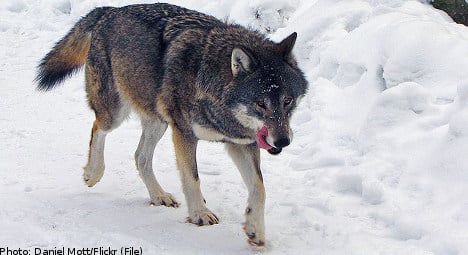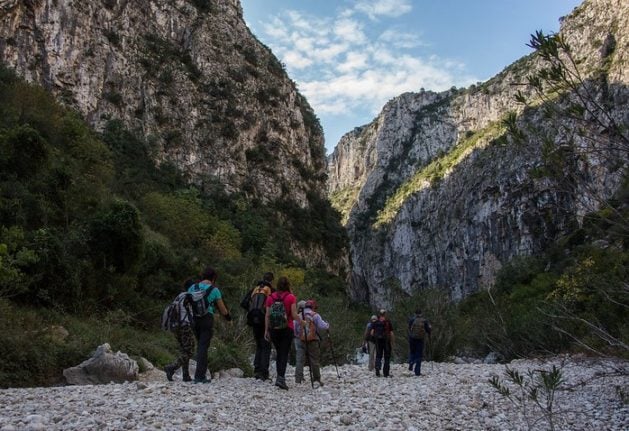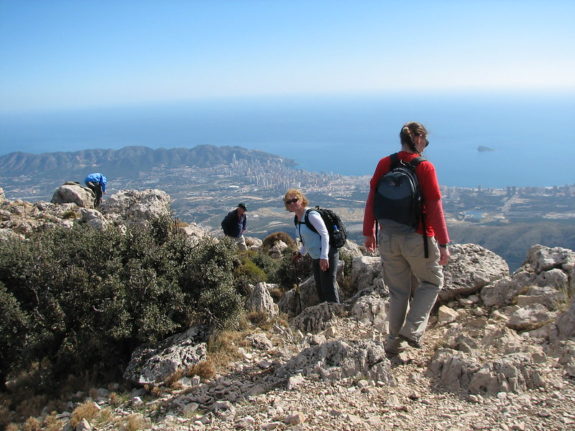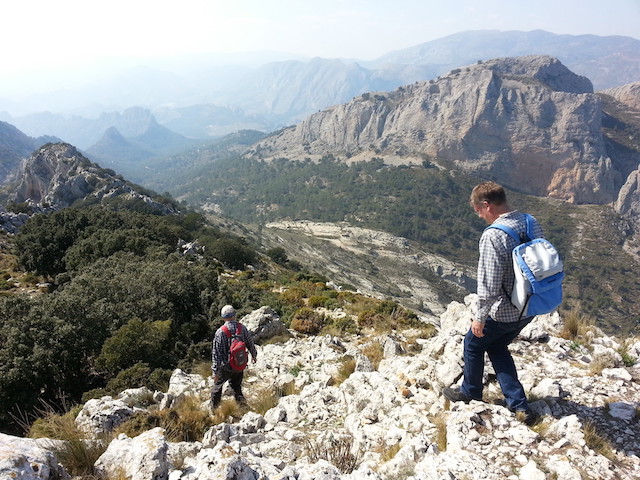“The specific spice I will keep a secret, but it’s supposed to be 300 times more spicy than Tabasco,” hunter and hunting entrepreneur Calle Ekström told Swedish online hunting site Jakt & Jägare.
The protection consists of a modified version of the body armour for dogs currently used to protect against boar attacks.
To this existing vest, Ekström, who is from Leksand in central Sweden, has added nine pockets which he fills with a mysterious blend of extremely potent Indian spices.
The spices are so hot, in fact, that Ekström has to use a face mask when preparing the messy substance.
To keep it from turning in to a bloc of ice during winter hunts, he mixes the spice with anti-freeze in a blender and then seals it in vacuum packed plastic pockets.
The pockets are then placed to cover the entire body of the dog for protection from every possible kind of attack.
“It’s important to provide protection on the belly since dogs often show their inferiority by turning onto their backs. In that case the wolf could kill the dog if it’s not protected round the belly,” Ekström told the paper.
Ekström said that although they haven’t been able to test the vests yet, he has already sold a number to concerned dog owners.
They weren’t allowed to try it on any captive wolves, but so far no dog wearing the 4995 kronor ($725) vest has been attacked in the wild.
Jens Karlsson at the wildlife damage centre (Viltskadecenter), an organization working to minimize damage to Swedish wildlife, has monitored the development of the spicy body armour, and seems somewhat optimistic towards it.
He has seen reports from the US where hideous tasting substances have been used to protect sheep from wolves, and the results were quite positive.
“With those experiments in mind perhaps Calle’s Indian spice mix isn’t such a bad idea, but that remains to be seen,” he said.





 Please whitelist us to continue reading.
Please whitelist us to continue reading.
Member comments